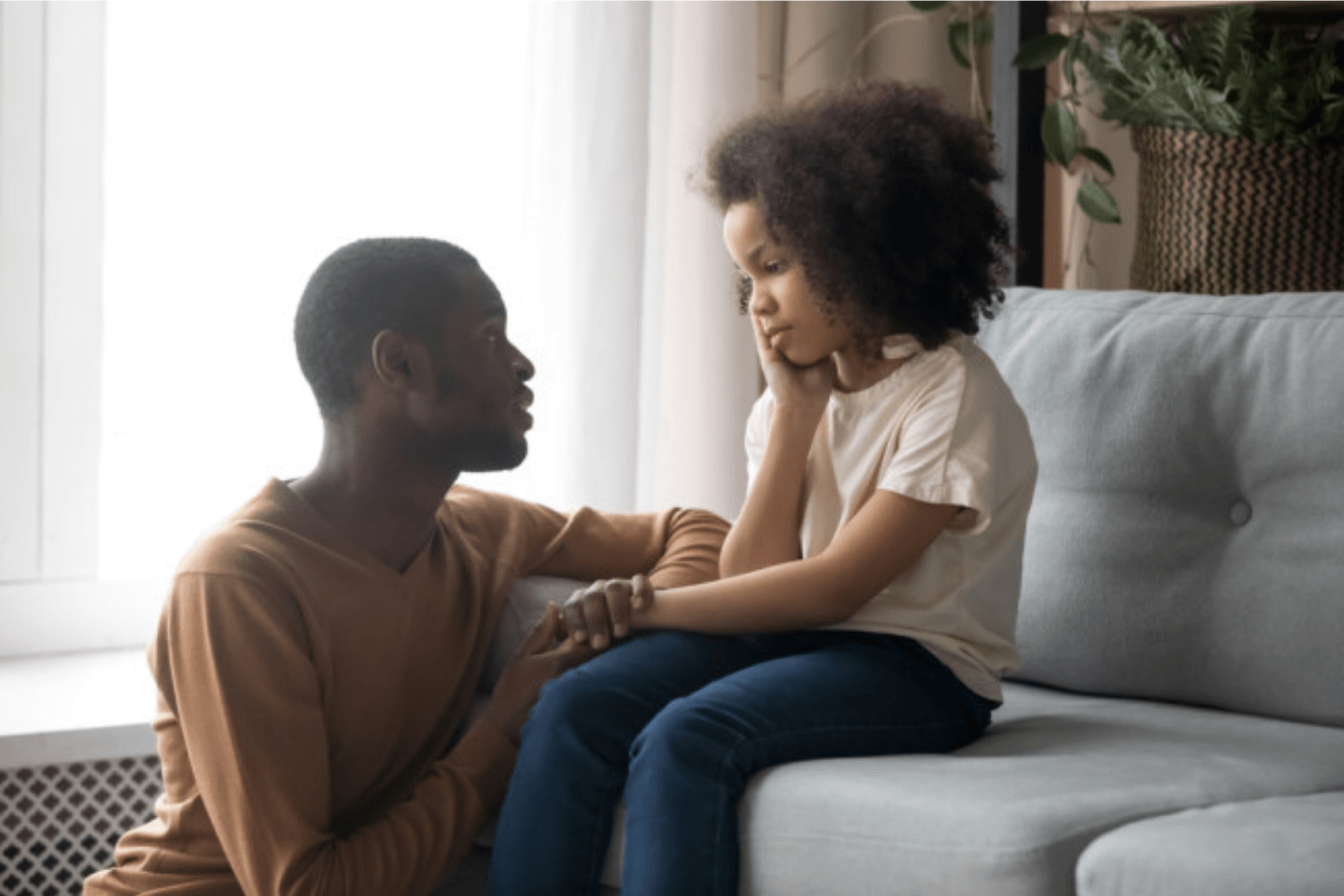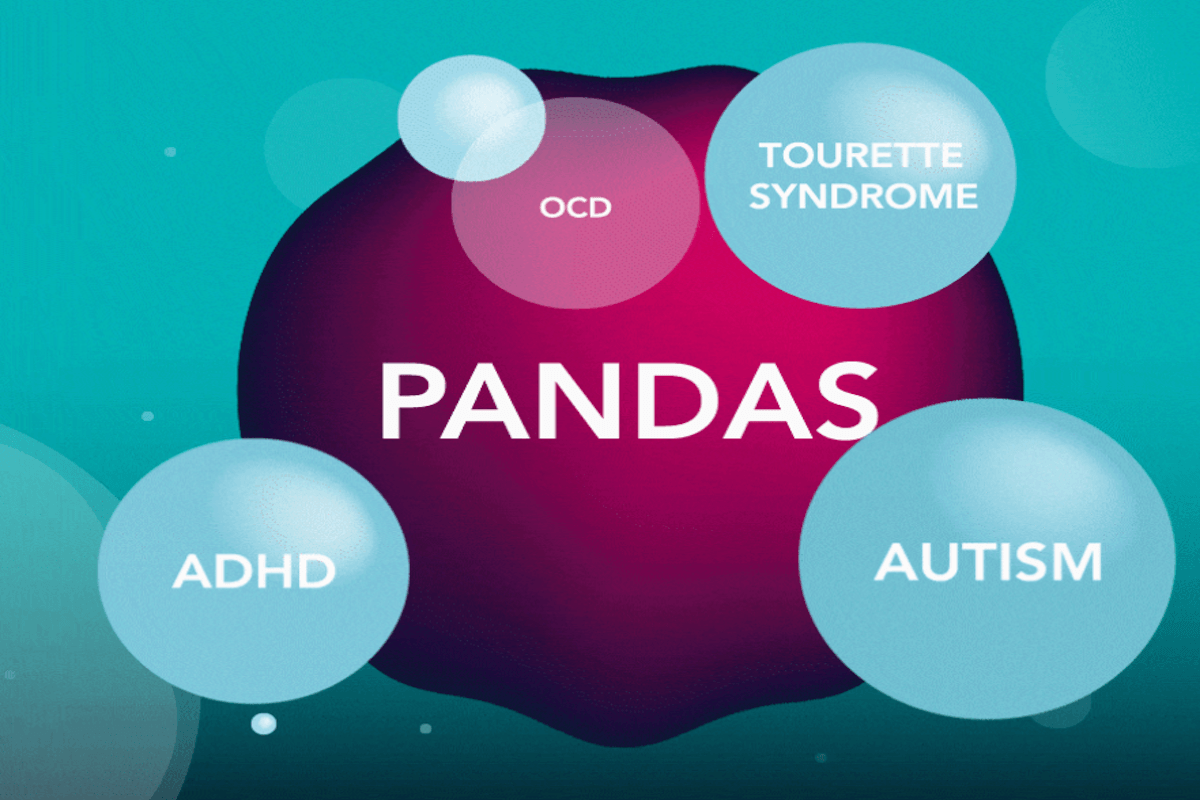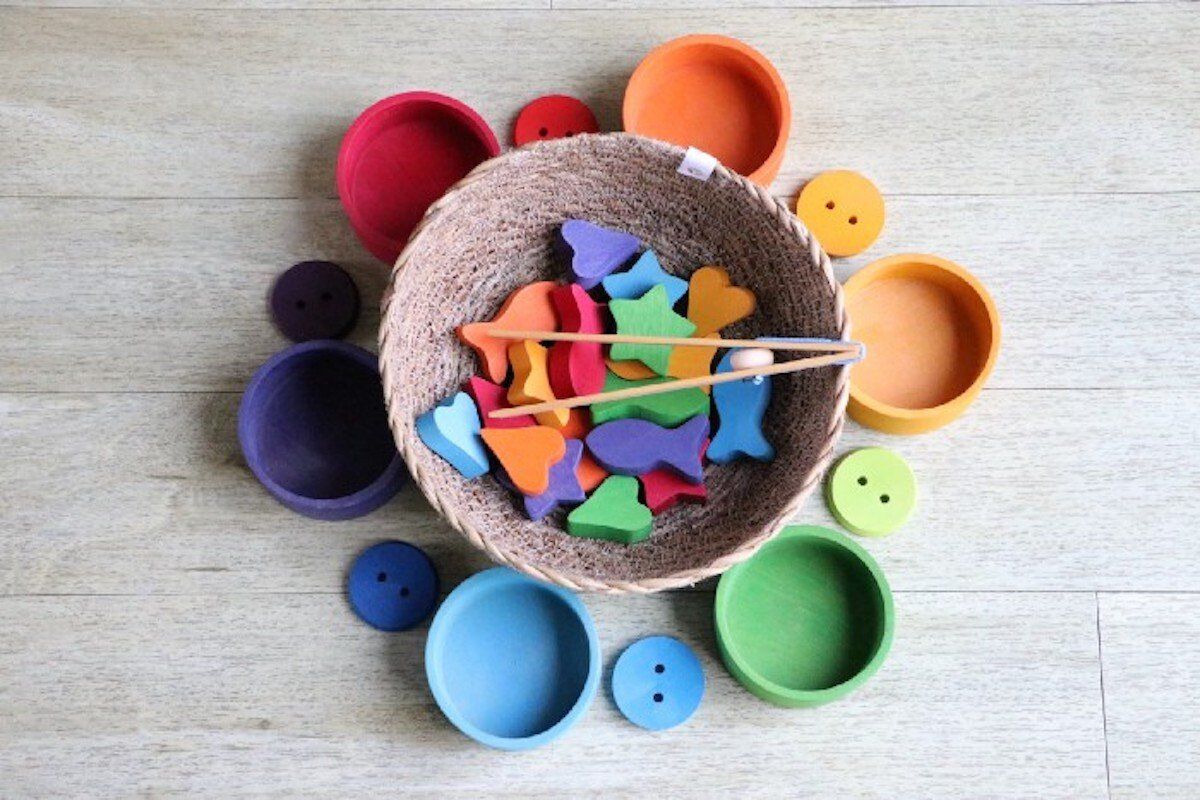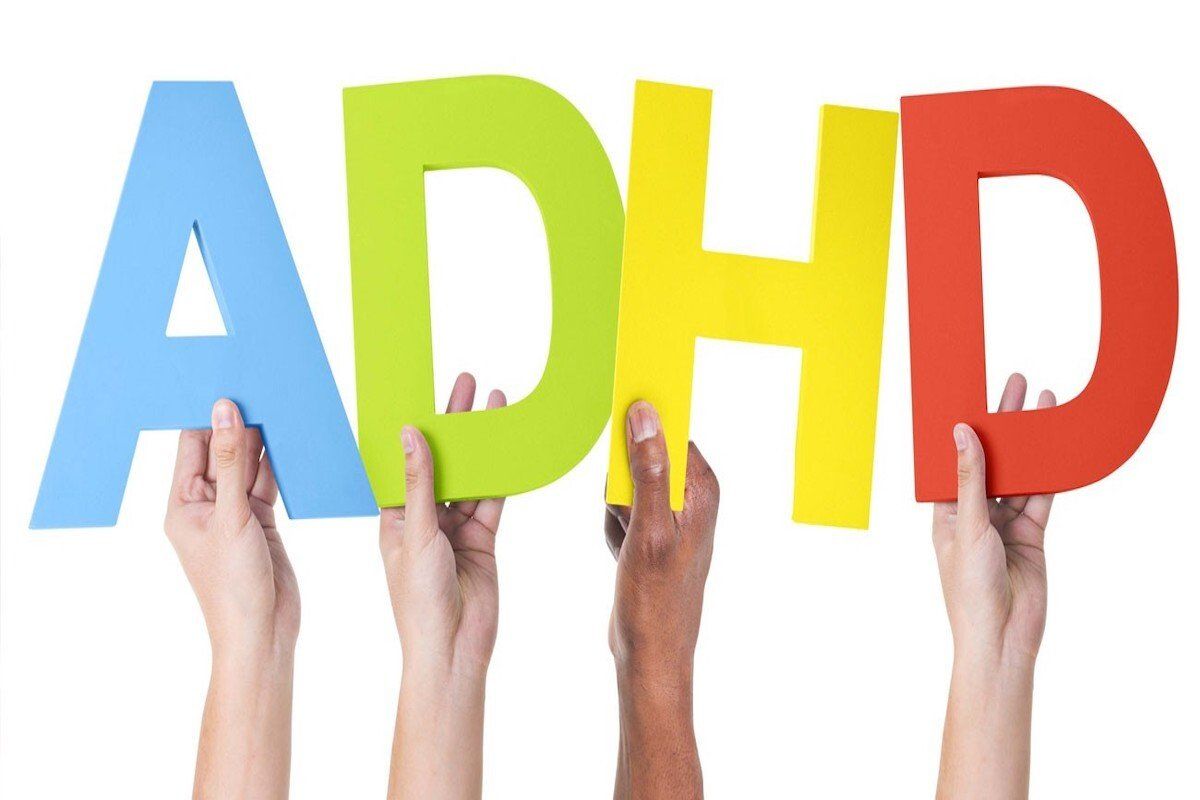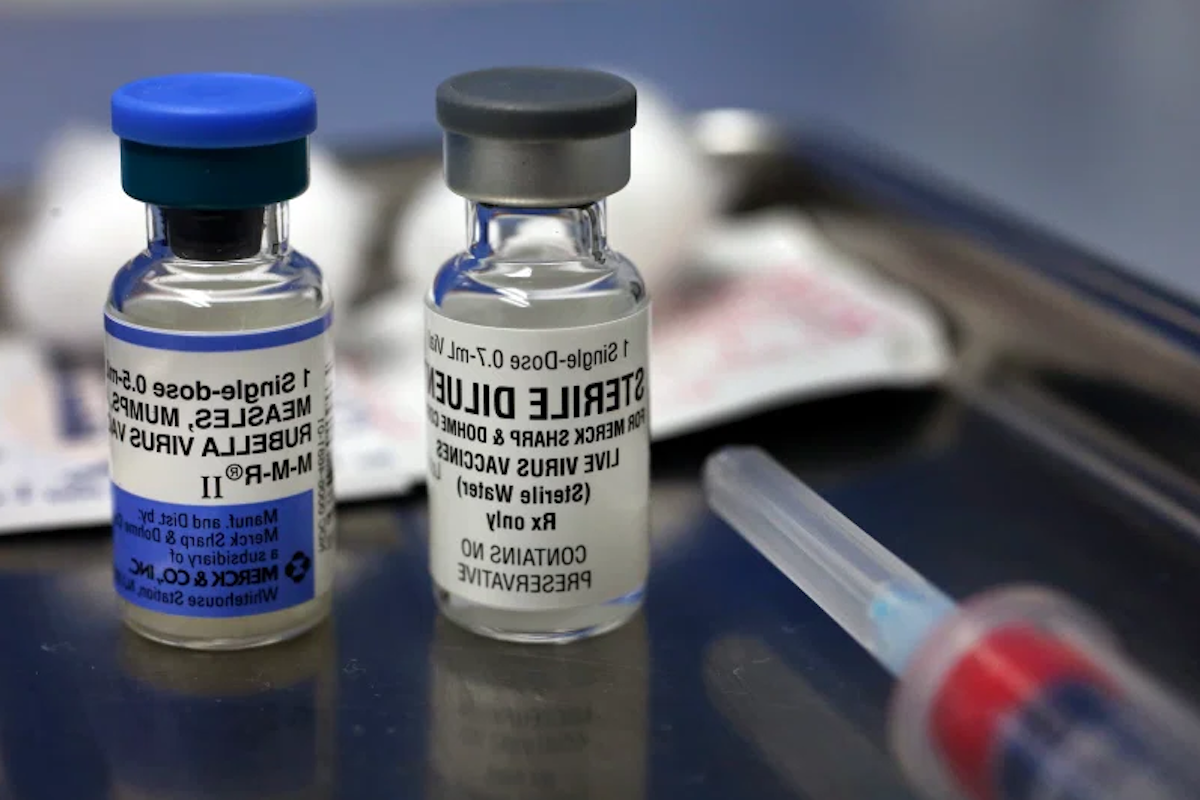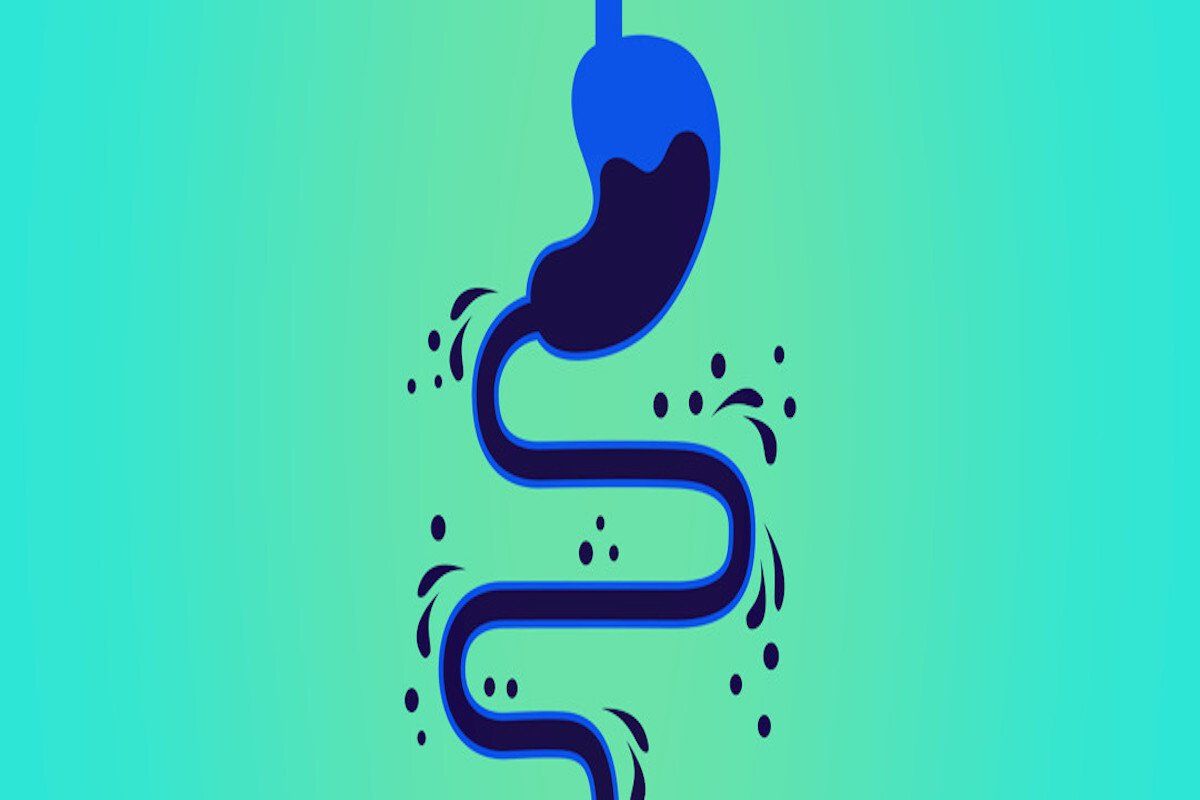How Parents Can Help Children of the Pandemic Cope
The pandemic has upended childhoods around the world.
Here’s what parents and caregivers can do to ease anxiety and stress among kids.
Kids are facing plenty of emotional challenges these days. Isolation from friends, remote learning, the loss of the structured school day and the loss of easy access to school counselors. The stressors we’re all facing reach beyond fear of getting sick from COVID-19, and kids are no different. The toll the disease has taken on the economy, housing, food security and our daily routines of school and work shred our sense of safety and security — the foundation for mental well-being. These pressures make children especially vulnerable to mental health issues.
So much of what we ask of children — going to school, being engaged — requires them to believe that they are going to grow up and be an adult; that they have a future. Because the sense of control over how their future is going to look depends on feeling safe and secure
There’s not enough good data on children’s mental health during the pandemic because most surveys are done on adults. And even without surveys, and others are seeing an increase in anxiety, depression, and thoughts about suicide in children and adolescents.
The Family Meltdown
Stressed out kids show some of the same warning signs as adults do — like isolation and withdrawing from friends or activities. In general, parents or caregivers should watch for changes in a child’s behavior that are not normal for them, says Amy Geinert, a counselor at the University of North Dakota, Grand Forks. For example, if your child went from being diligent about schoolwork to avoiding online classes because of feeling overwhelmed. Some kids might tell parents what’s bothering them, while others may act out or complain about headaches or stomach aches. Some may sleep too much, or too little. Younger children may become extra clingy, have more tantrums or cry more. Some risk factors can increase the risk of suicide in kids, such as feeling like they are too much of a burden. This blog post from CHOC Children's, the Children’s Hospital of Orange County, offers tips to recognize those signs.
The American Academy of Pediatrics recommends talking to children openly and honestly about the pandemic because avoiding these conversations does not protect them. And don’t bother trying to hide your own worries, because kids pick up on everything. “It’s one of their magical powers,” says Alejandra Gonzalez Rodriguez, a family and marriage therapist at the University of Wisconsin School of Medicine and Public Health. Just make sure that what you are sharing is age-appropriate. “You don’t want to tell your 10-year-old that you are having significant financial issues," she says.
And, if in a weak moment, what you share with your children happens to be your own tantrum, it's important to recognize what’s happened and just apologize, says Gonzalez Rodriguez. You’ll soothe the child’s feelings, and also show them that healthy relationships ebb and flow between conflict and healing.
Mending the Frayed Safety Net
Unfortunately, at a time when we need to blow off steam, our ways to cope are limited. Finding activities that promote well-being isn’t complicated. Just ask your children what they want to do together as a family, whether that’s cuddling, holding a movie night, or cooking grandma’s favorite recipe. Parents may take these things for granted, but traditions and rituals mean a lot to kids, says Gonzalez Rodriguez.
Also, ask kids what they like to do when they’re not feeling well. To identify those moments, Gonzalez Rodriguez suggests filling out what’s called a feelings thermometer, which helps children (and adults), recognize and speak about their emotions. Parents can also try exercises like belly breathing and grounding, which, for example, asks kids to look around them and find three 3 green objects. This technique helps shift the focus away from anxious thoughts, but does take practice to have a calming effect, says Gonzalez Rodriguez. Music can also soothe or entertain. Adam Parker, a school psychologist in the Cherry Creek School District near Denver, takes a fun approach to the social and emotional challenges of being stuck at home. His series of videos on YouTube tackles topics like doubt, grit, and empathy with songs and interviews.
Taking the Next Step Forward
While there are at-home remedies for symptoms of anxiety and depression, reach out to a therapist when your efforts aren’t working. Remember to include yourself, if necessary. “Plenty of parents will seek help for their kids and ignore their own mental health needs,” says Katherine Nelson, an assistant professor of counseling at the University of North Dakota. There’s still a stigma attached to seeking professional help. Mental health is something people think they can manage on their own, says Nelson. Parents may also feel uncertain or fearful about what seeking mental health means, such as worrying something may be wrong with them, or worrying that seeking help for their kids may reflect poorly on them as a parent, she says. “It takes a lot of strength to ask for help, and it’s also scary,” says Nelson, who also urges us to be OK with the fact that everything has changed.
In fact, finding ways to stay positive — as challenging as that is these days — helps build resilience, in part, by how we frame the stories that we tell ourselves, says Gonzalez Rodriguez. While this may sound abstract, how we look at adversity helps or harms our ability to overcome problems. If we tell our kids that we can overcome the pandemic, then that’s the narrative they will have, she says.
Remember, too that kids bounce back. Even with the scary unknowns about the pandemic, we can still move forward, and perhaps be stronger because of the experience, says Geinert.
